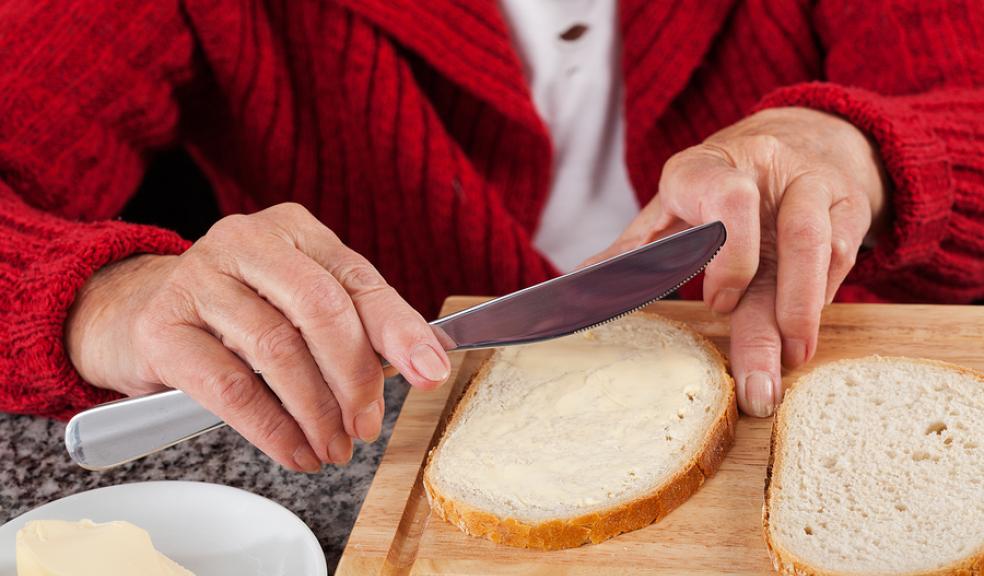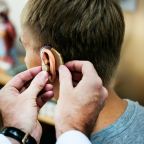
Hormone could be responsible for weight loss in elderly
The human body is an ultra-complex system consisting of multiple components that work together to sustain living. From the cells down to the organs, each part of the body plays a key role, and among them are hormones that you may not know a lot about.
What are hormones? They’re naturally-produced chemicals in the human body that act like a messenger that carries vital information to multiple parts of the body on how they should function. Hormones can do a lot for the body – from regulating sleep to even influencing one’s weight.
In fact, it’s said that hormones can play a role in weight loss in seniors besides following fitness advice from sites like mirandasphysiosteps.com. A preliminary study might hold the key to why over-80s are prone to losing weight.
The research by Mary Hickson, Professor of Dietetics at Plymouth University, found that after eating, elderly people produced a greater amount of peptide YY (PYY) – the hormone that tells humans when they’re full. PYY is a hormone produced in the L-cells located in the small intestine.
The study saw six healthy women over the age of 80 eat a breakfast after several hours of fasting; and their hormone levels were compared to those of a number of healthy younger participants in age brackets 20–39; 40–59; and 60–79.
Professor Hickson measured levels of PYY at regular time intervals for three hours in each participant alongside levels of ghrelin – the hormone that tells us when we’re hungry.
Researchers had previously suggested that weight loss in the over-80s, termed ‘anorexia of ageing’, could be down to lower production of ghrelin, resulting in older people feeling less hungry. Statistics show that over a quarter of elderly people across the country experience weight loss today.
But the results showed that each of the over-80s tested produced a greater amount of PYY than their younger counterparts, while their ghrelin levels did not change.
To obtain a more accurate picture of whether this could be the case in all older people, Professor Hickson has recommended that the study be carried out on a larger number of participants of both genders, but said that, at this early stage, she was intrigued by the findings.
Professor Hickson said: “With ageing there is frequently a loss of appetite, termed anorexia of ageing, which can result in under-nutrition. We do not know how appetite control alters with ageing, so this study was a necessary and promising start.
“The difficulty we have is ensuring that all test subjects are healthy – and finding over-80s with no existing health problems was a challenge. We recognise that healthy subjects over this age are not necessarily representative of their population due to the lack of ill health, but excluding illness was necessary to test whether ageing per se is associated with changes in appetite control.
“If further studies on a greater number of participants show an increased production of PYY, we can work to investigate this hormone imbalance to address, and hopefully combat, anorexia of ageing.”
Professor Hickson’s paper - Increased peptide YY blood concentrations, not decreased acyl-ghrelin, are associated with reduced hunger and food intake in healthy older women: Preliminary evidence - is available to view in the journal, Appetite, doi:10.1016/j.appet.2016.06.002.
General Reminder
If you have an elderly loved one that has experienced a sudden extreme drop in weight, don’t hesitate to reach out to a certified geriatrician or a physician whose specialty is treating different health concerns of seniors immediately. They’re experts that can provide an accurate diagnosis of the medical reason as to why your senior family member has suddenly suffered significant weight loss caused by hormones or other factors.











